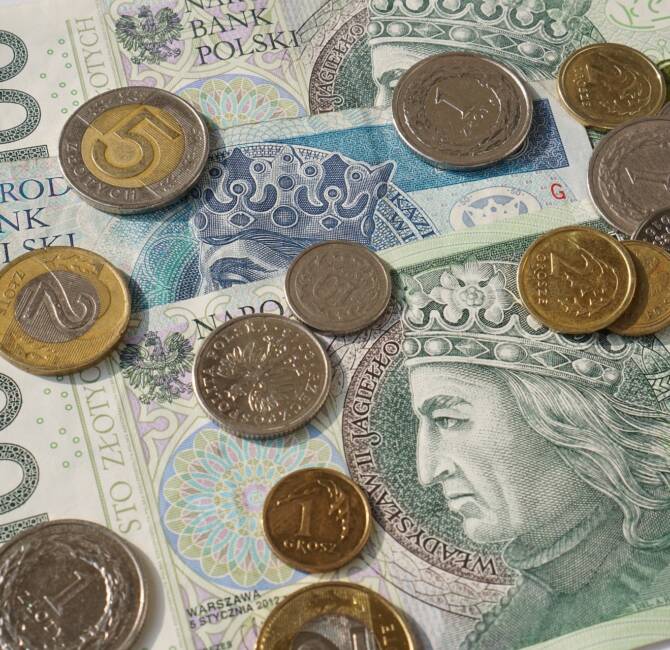Poland – On 25 November, Polish Prime Minister Mateusz Morawiecki announced that an anti-inflation shield would be put in place to offset rising energy prices. The principle of the Polish shield is simple: it is essentially a matter of reducing the share of taxes in the final price paid by consumers.
Significant tax cuts on fuel, gas and electricity
The measures announced by the Polish government include the following:
- From 20 December, the excise tax on motor fuels will be reduced to the minimum allowed by the European Union. From 1 January to 31 May, 2022, car fuels will be exempt from retail sales tax.
- From 1 January to 31 March, 2022, the VAT rate on gas will be reduced from 23% to 8%.
- From 1 January to 31 March, 2022, excise taxes on electricity will be lowered to 0% and the VAT rate applied will be 5% instead of 23%.
- Finally, an allowance of between 400 and 1,150 zlotys (85 to 245 euros) will be granted to the most deprived families. Initially, the Polish government wanted to reduce the VAT rate on food products to 0%, but this has not been authorised by the European Union.
A first set of measures
“Today, we are proposing a vast tax reduction programme to cushion the effects of inflation”,
the Polish PM explained, as he presented what he said was a first set of measures.
The total cost of the anti-inflation shield to the Polish state budget is set to reach around 10 billion zlotys (€2.13 billion), while at the same time, savings in public administration should amount to between 3 and 5 billion zlotys.




